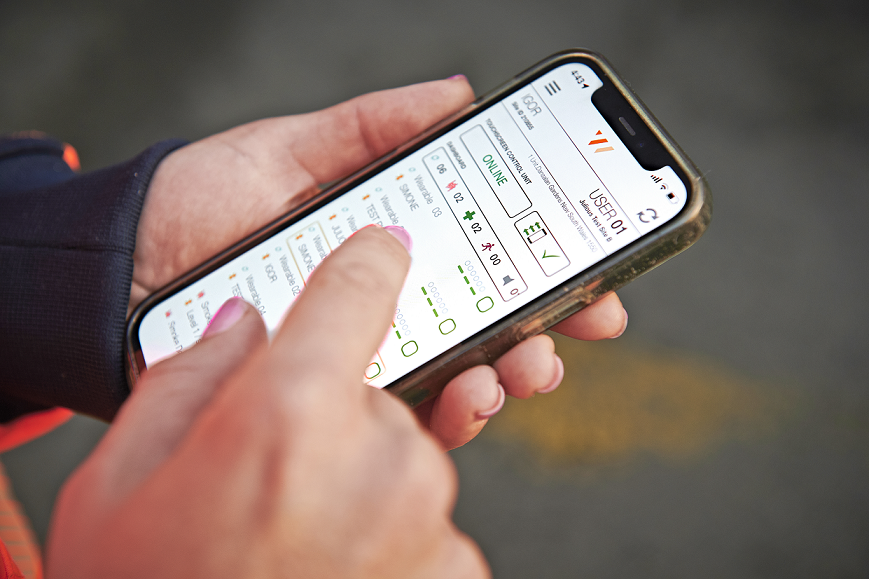During an emergency, people often experience panic. It's a natural response to a sudden and potentially life-threatening situation, and it can manifest differently in individuals. The perceived threat to personal safety activates the body's "fight or flight" response, releasing stress hormones like adrenaline, which can intensify emotions and physical reactions. Cognitive overload can make it difficult to process information, make rational decisions, or think clearly. Workers who are unprepared for emergencies or who have not received proper training on how to respond may feel helpless and overwhelmed. In many emergencies, time is of the essence, and individuals may feel pressured to make quick decisions. This time pressure can amplify stress and panic. Panic can cause workers to forget where muster points are, what to do in an evacuation or medical emergency, and who to check in with. In this instance the ability to locate a worker (or workers) is critical for management when the business is experiencing an emergency event.
Read More
